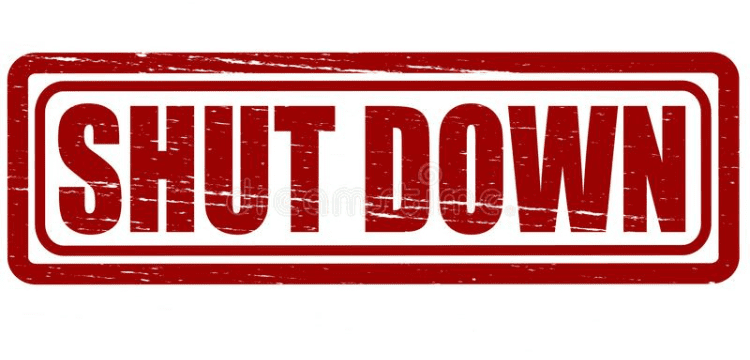[vc_row][vc_column][vc_column_text dp_text_size=”size-4″]KARACHI: Due to import restrictions and a delay in the release of containers stranded at the port, South Korean businesses are on the verge of shutting down operations in Pakistan. Senior executives from the government-backed trade organisation and the local Korean investors’ chamber told Dawn in a recent interview that the failure to create letters of credit (LCs) for the import of raw materials is costing Korean businesses “millions of dollars” in lost sales.
Official restrictions on the majority of imports have been put in place as a result of the economy’s dollar shortfall. The central bank’s reserves have decreased to $3.19 billion as a result of the $7 billion loan arrangement with the International Monetary Fund (IMF) remaining in limbo; this amount is insufficient to meet the country’s import bill for even 20 days.
“I have a battle with the bank every day. even for a meagre $20,000 (outward) remittance. Import advance payments are not being cleared. The downstream business is also facing worsening conditions, according to Ji Han Chung, the head of the Karachi-based Chamber of Korean Investors.
Sung Jae Kim, director general of Kotra Karachi, claims that the crisis for Korean businesses started to get bad three months ago and has since gotten worse. This is true even though the State Bank of Pakistan’s (SBP) governor ordered banks to clear payments for containers that were stranded at the port in January.
He went on to say that Islamabad should make a “clear policy statement” in favour of foreign firms that are focused on exports. “We request that the government should release all pending LCs opened by Korean companies and their partners while allowing them to open new LCs to continue operations,” he said.
Mr. Kim claimed that while he is aware of the difficulties the government faces in regards to allowing the dollar to leave the country, banning the import of raw materials is not the answer. “Trade between nations must continue. “Business must go on,” he remarked.
In 2021, Pakistan imported $1.5 billion from Korea, a 41.8 percent increase from 2020, according to the International Trade Center. According to Mr. Kim, Korean businesses haven’t returned many profits or dividends to their Seoul headquarters in more than a year.
More significantly, he noted, there has been a slowdown in FDI coming from Korea recently. “The economic volatility, which includes exchange rate fluctuation, is the cause of the low FDI. Private businesses are finding it difficult to make long-term plans as a result. They are reluctant to offer Pakistan investment capital, he said. According to SBP data, Korean investors contributed $12.4 million, or about 2.7 percent, of the total $460.9 million in FDI inflow from July to December 2022–2023.
[/vc_column_text][/vc_column][/vc_row][vc_row][vc_column][vc_column_text]
[/vc_column_text][/vc_column][/vc_row]











